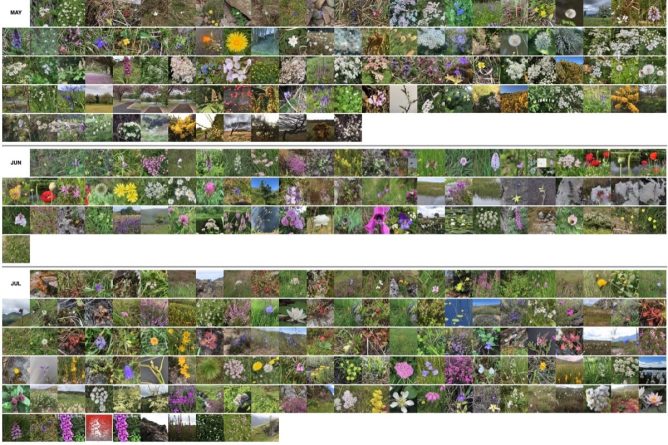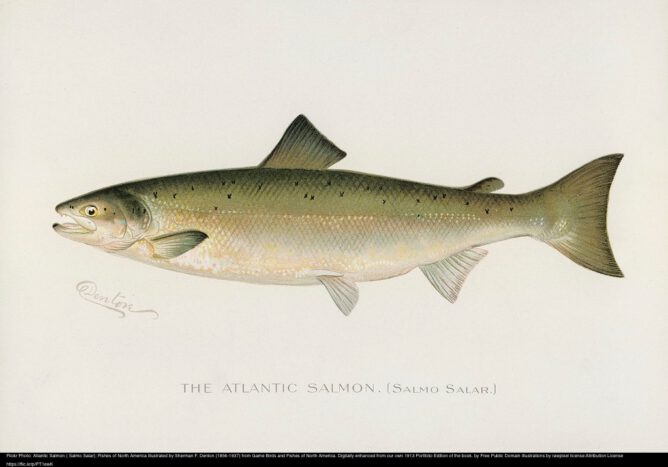
May Noted, from this idea, started here. One thing a day noticed and noted. Rather late on recording.

Volume 9 in an irregular series of specially created mixtapes for readers of Caught by the River.
I have seen links to this on Caught By the river a few times now. First time I followed up by listening. Really enjoyed a pretty eclectic mix of poetry & music.
I’ll be listening to more. I was disappointed that mixcloud does not support RSS feeds, so I had to use Huffduffer-video to listen to this on my commute. The Tracklist is on the Caught by the River site: Spoken Word & Nature Disco Vol. 9.

As someone with an interest in natural history, I often look forward to seasonal occurrences, the first cuckoo or blackthorn blossom.
I also keep track of some of these things here on my blog and on Flickr. I find searching both places useful for all sorts of reasons, but not for figuring out what to expect or remembering when I’ve heard the first cuckoo.
A while back I, sort of solved the problem here by making a page that allows me to search the blog and order the results by the date without the years.
I’ve been playing about with Flickr searches in the same way and now have a simple page which searches for a tag and order the page by months, ignoring the years. The page loads the tag flora by default. If you give it a t parameter, it will search for that instead: ?t=butterfly. I’ve also brefly tested a u parameter for username. This needs to be a user’s NSID (71428177@N00 not troutcolor), it defaults to mine.
It also also loads the first 500 images, which is a bridge I’ll need to cross for some tags soon.
Update, 22 Aug 2025, I’ve improved this somewhat and moved it here: Flickr By Month. Defaults to butterflies now.

Despite mealy-mouthed words about sustainability and transparency the salmon industry is Scotland’s disgrace. The gap between the iconic identity of salmon as a wild symbol of natural Scotland, and the reality is massive. The potential to completely replace this industry with regenerative genuinely sustainable jobs is huge, but the Scottish Government seems to be missing a massive open goal here, instead propping up (and covering up) for short-term lucrative gain. A mass boycott of salmon should be the goal to exert pressure on government and industry.
Scotland’s Salmon Crisis
Also: island split over plans for salmon farm
I remember, as a wee boy, seeing the netting station at the mouth of the Spey, piles of fresh run wild salmon. I now avoid eating salmon.

Last year I enjoyed taking note of one thing I noticed every day. I thought I’d keep it going & thought I might record it as part of my almost defunct microcast. I’d have liked to add a soundbed to hid the traffic outside my living room, but time & talent held me back.
At the end of 2022 I saw a note somewhere about someone who wrote down the first bird they saw every day. I decided to note one natural thing I saw everyday. Baring a few days here and there I managed it.
Listened #2 Seawilding – Scotland
On the west coast of Scotland, by the shores of Loch Craignish, a community has come together to help restore their marine environment.
When deciding on how to put something back, they identified two priority marine features they could do something about.This is a story about carbon capturing seagrass, water filtering oysters & the passionate people tirelessly working to restore both.
Really interesting listen especially about the extent of oyster beds and sea grass around the Scottish coast in fairly recent history.
In the 1790s, as many as 30 million were harvested a year from the Firth of Forth, just outside of Edinburgh.
By 1882, the Edinburgh Oyster Hall was down to just 55,000.